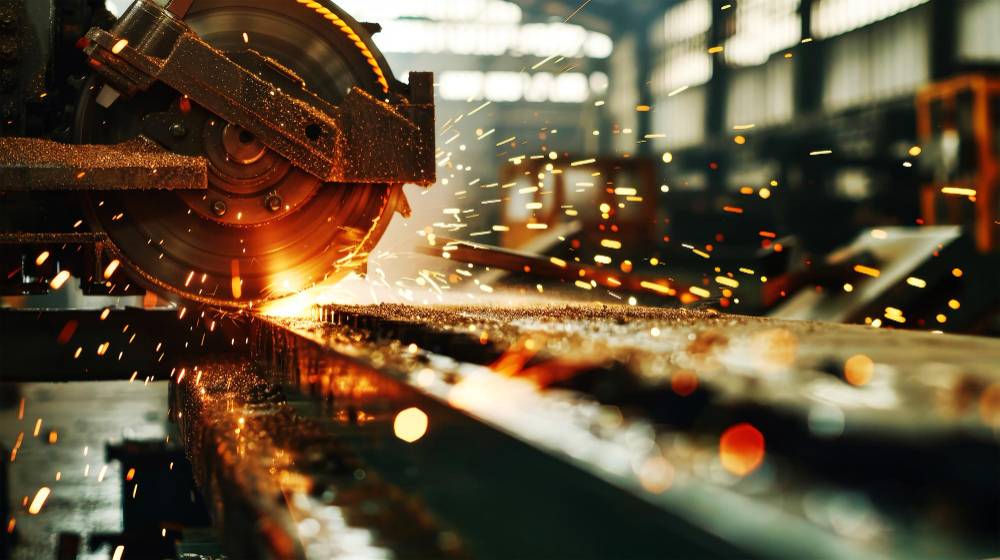

JUN 15, 2024
Brass has long been revered as an industrial material due to its versatile uses in various fields. Composed of copper and zinc alloy, its properties make brass an ideal material for musical instruments and plumbing fixtures. One notable aspect of brass as an everyday material is its highly recyclable qualities, making it highly sought-after in industrial and recycling. RCM Recycling explores these uses and where brass fits within scrap metal recycling.
Industries have long taken advantage of brass for its superior properties and versatile applications in multiple fields, particularly corrosion resistance and longevity. Thanks to these characteristics, brass makes an ideal material choice in areas with moisture or chemicals, such as plumbing fixtures that must withstand prolonged water exposure while remaining resilient.
The characteristics of brass make for excellent electrical connectors, terminals, and switches. Furthermore, corrosion protection guarantees longevity as an enduring and dependable component over extended time frames.
One key advantage of brass is its exceptional recycling potential. Scrap is easily broken down and reconstituted without losing its properties, making it one of the more sought-after materials in recycling companies' markets. Scrap metal recycling helps conserve natural resources by diverting waste away from landfills while decreasing landfill volume. When products reach their end-of-use lives, scrap metal companies collect them for recycling.
Scrap metal buyers regularly collect brass scrap to recycle into new products. This process entails collecting old brass items, melting them, and forging new shapes before eventually using this recycled brass in various industries—an environmentally friendly and cost-efficient option!
Recycling brass reduces the need to mine copper and zinc ores - both essential elements in brass that pose environmental threats like habitat destruction and pollution - thus optimizing existing resources more efficiently while being more mindful about using our resources wisely.
If you have items at home that need recycling, bring them directly to a scrap metal company. They will be collected, sorted, and prepared for recycling.
Companies employ various processes for processing scrap brass. Sorting is typically the initial step before cleaning, melting, and casting ingots that manufacturers can efficiently utilize during production.
Scrap metal buyers work closely with recycling companies to secure an adequate supply of recyclable material for recycling efforts. By purchasing scrap brass sourced from industrial waste, outdated plumbing fixtures, or unwanted musical instruments for purchase by scrap buyers, they help support recycling initiatives while helping keep valuable resources out of waste streams and available to society for repurposing purposes.
Reusing old brass can reduce mining operations, help protect natural habitats, and decrease pollution caused by mining activities—offering numerous advantages associated with recycled brass.
Reusing brass helps save energy. Producing new brass from raw materials requires substantially more energy consumption.
Recycling brass also supports the economy. The scrap metal recycling industry creates jobs and fosters economic activity. Companies and buyers of recycled scrap comprise an expansive network encompassing collection, processing, and manufacturing and providing essential raw material supplies for diverse industries.
Brass is an impressive material with multiple industrial and recyclable uses. Due to its durability, corrosion resistance, and recyclable qualities, brass is an invaluable resource. Scrap metal recycling with RCM Recycling ensures brass continues to be utilized efficiently while decreasing new raw material demand and environmental impacts.